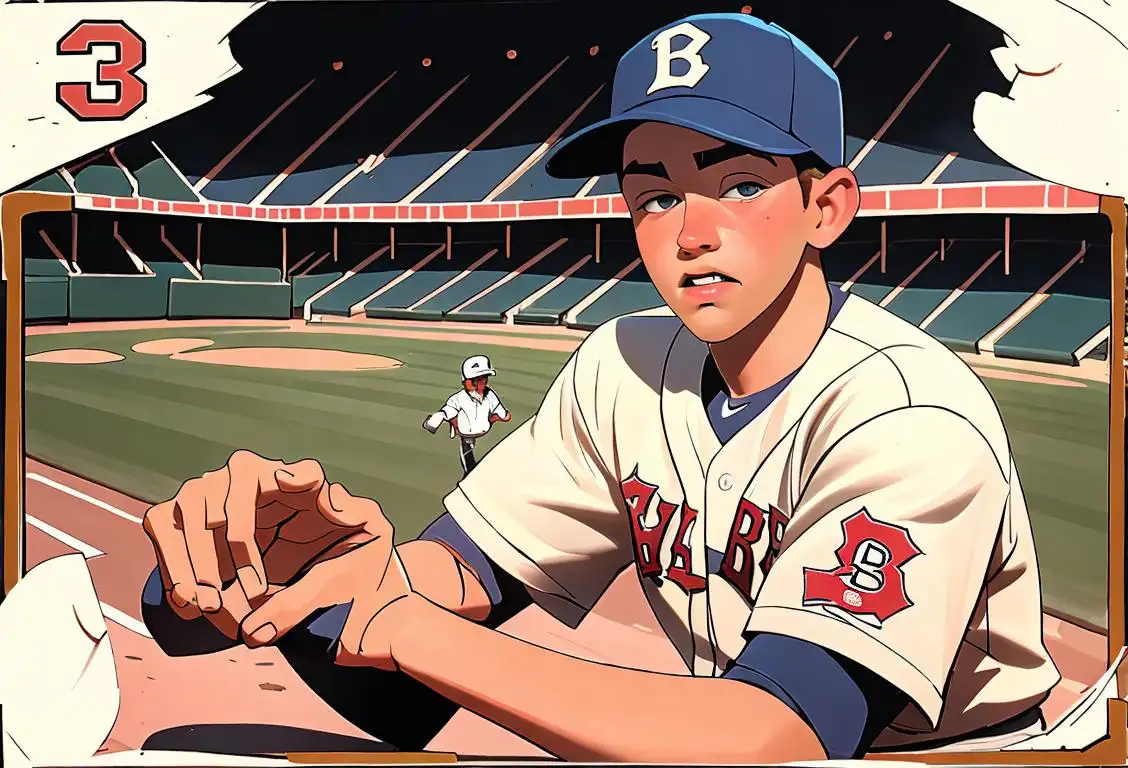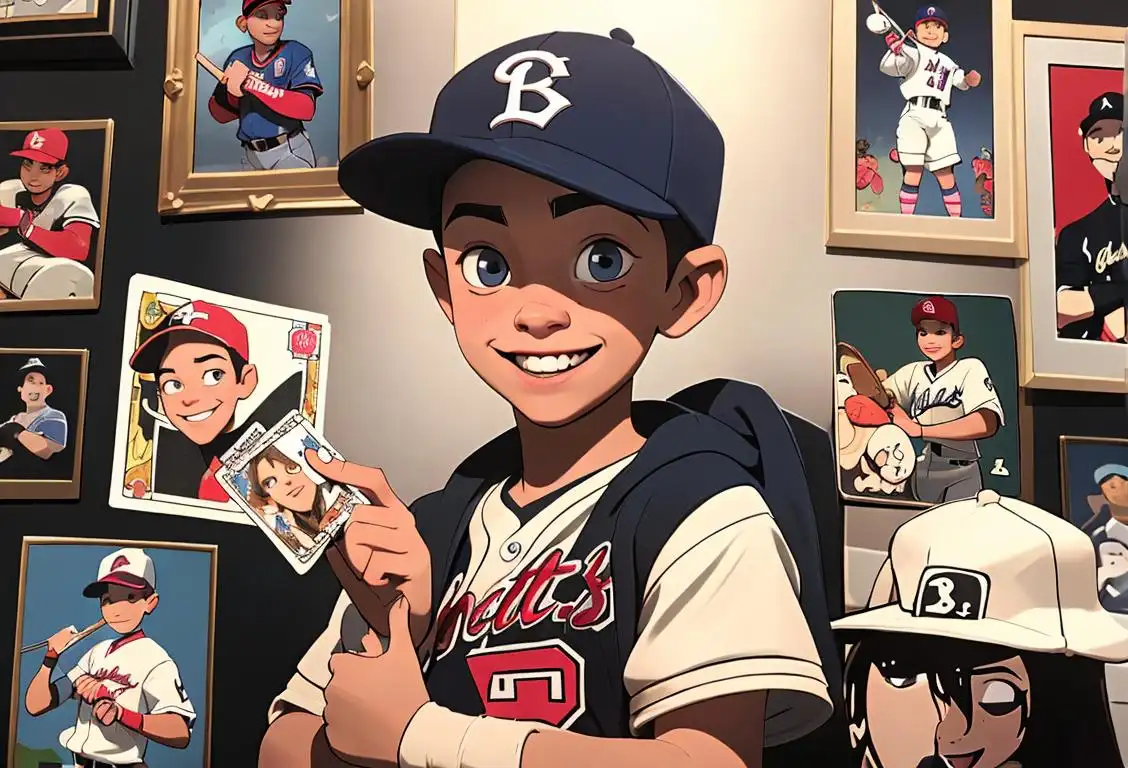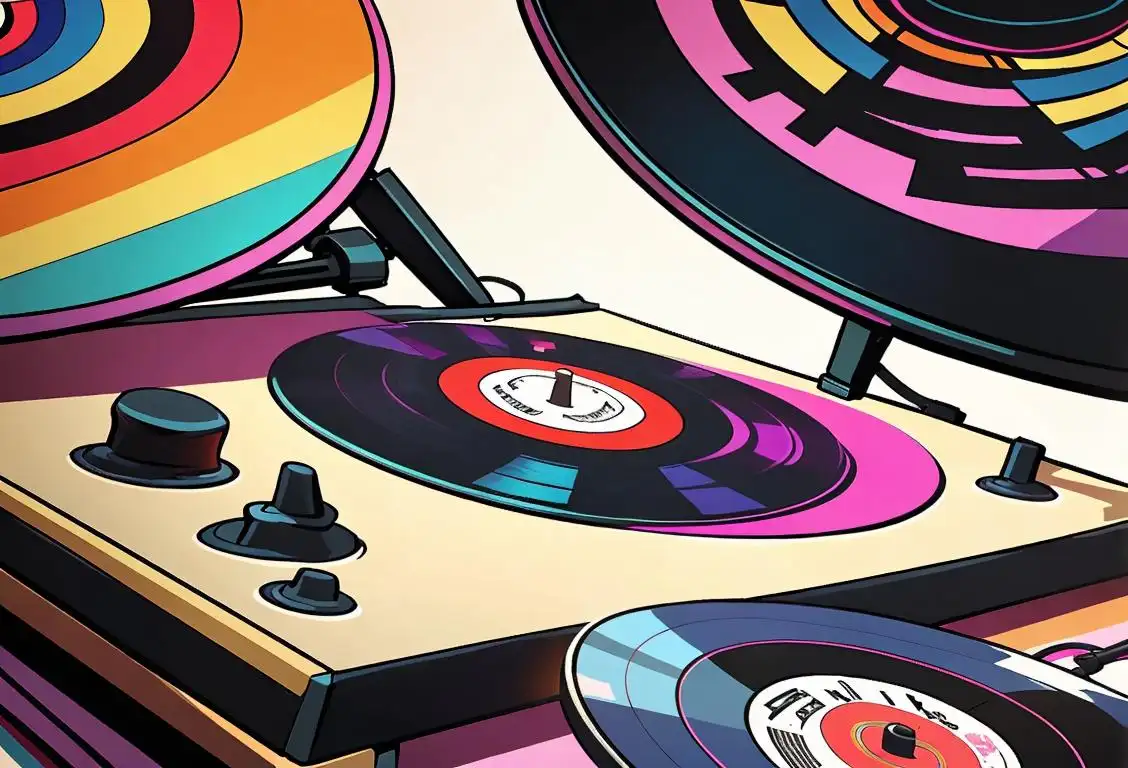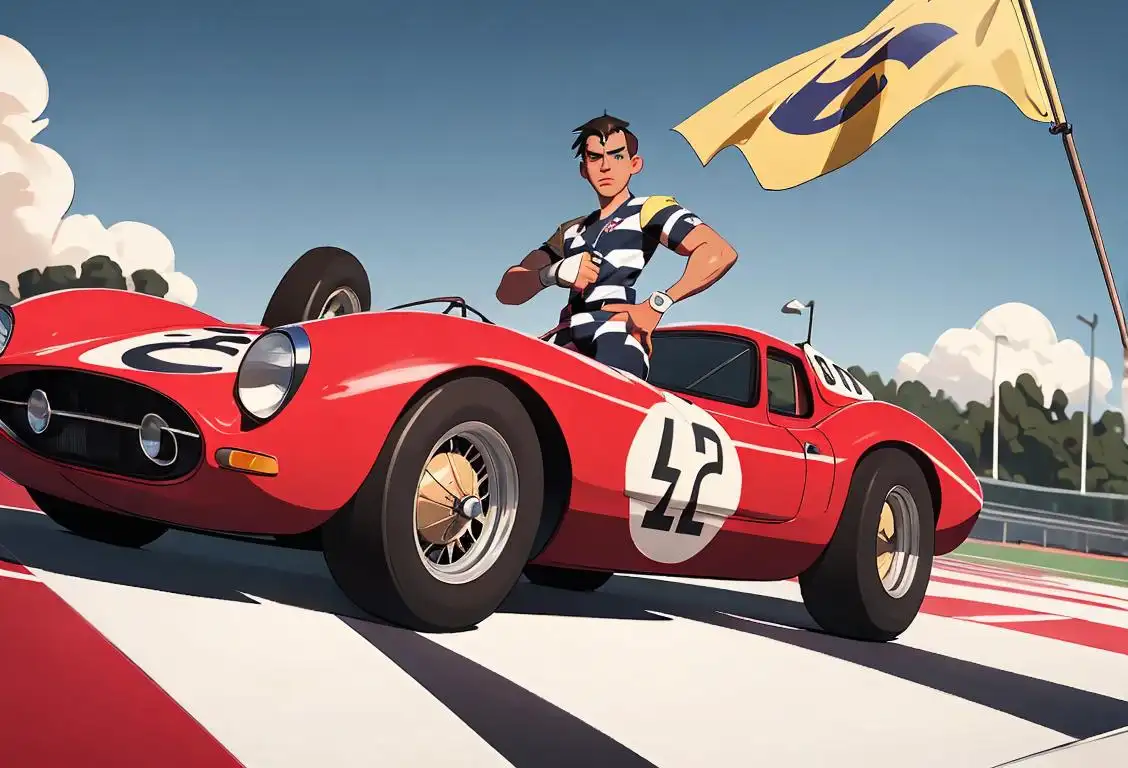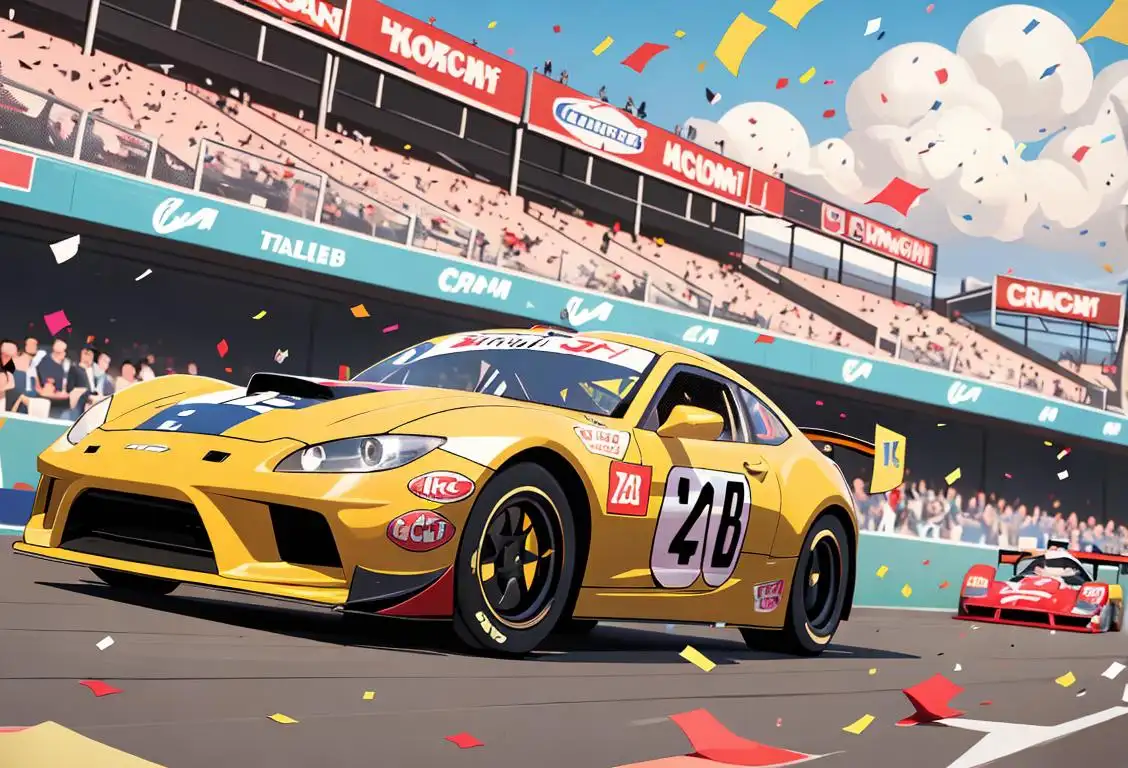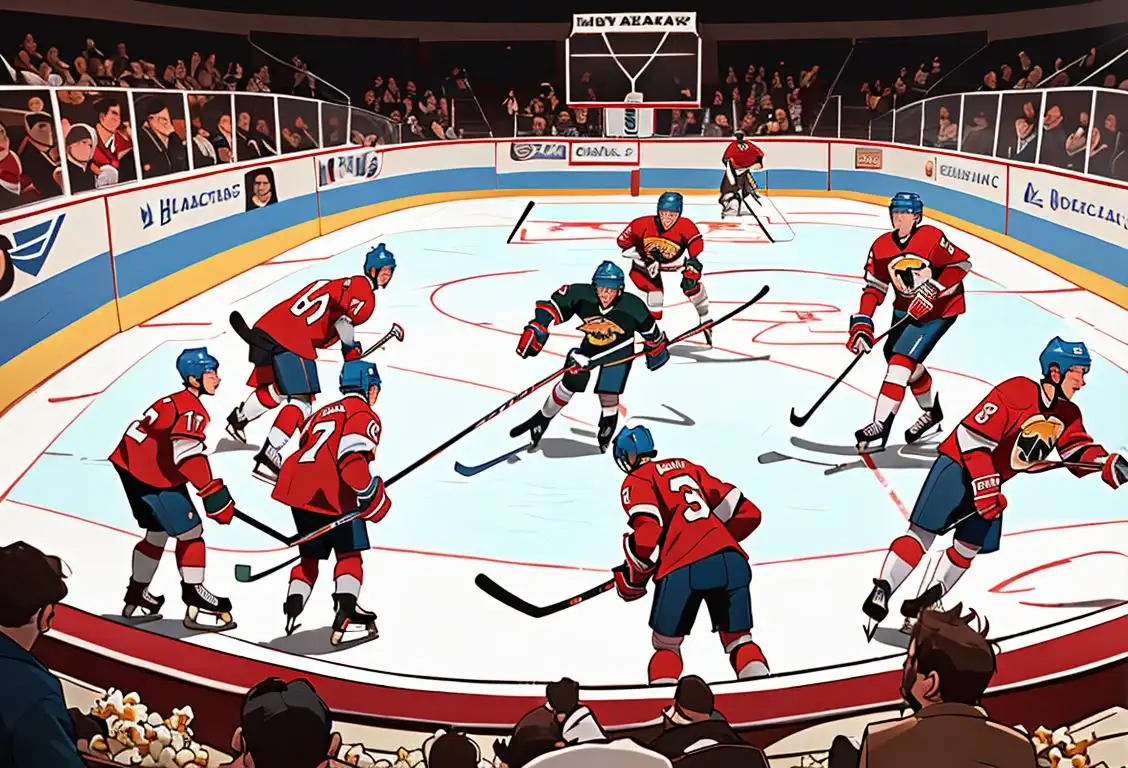National Trading Cards Day
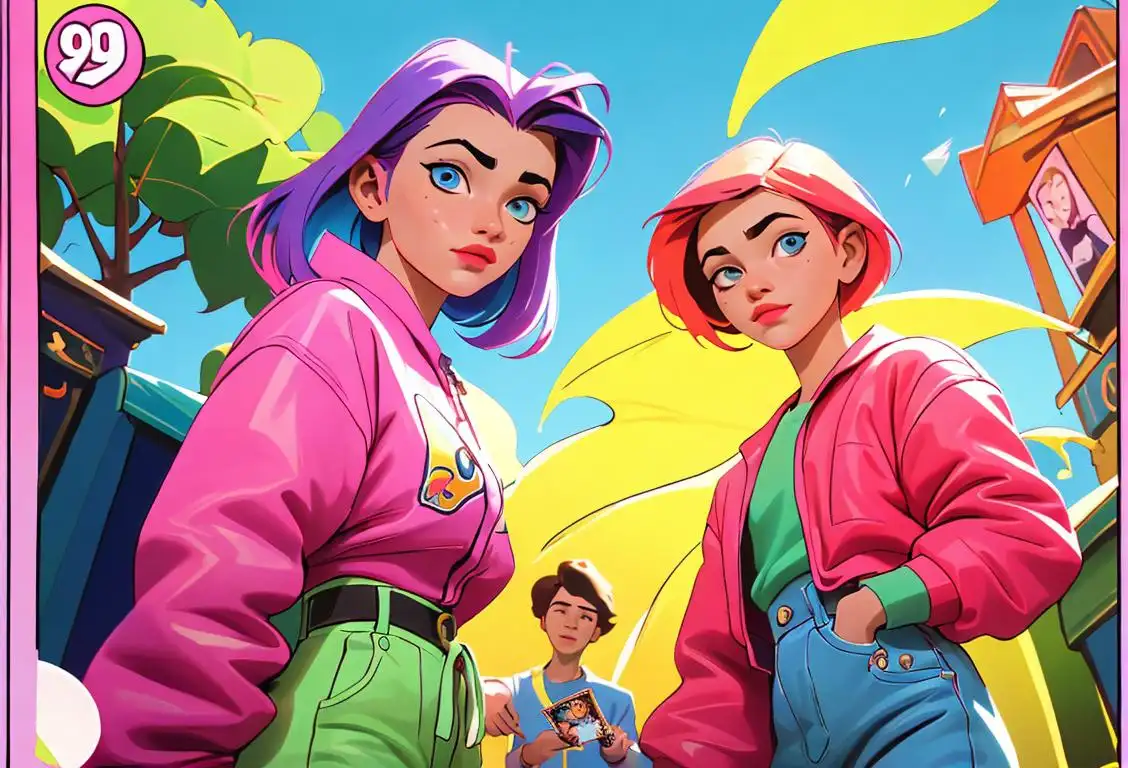
Welcome to the fascinating world of National Trading Cards Day! Get ready to dive into a realm where sports, nostalgia, and collectibles collide in a frenzy of cardboard goodness. Whether you're reminiscing about your childhood collection or looking to start a new hobby, this national day has something for everyone. So grab your binders, shuffle your deck, and let's explore the captivating history of trading cards!
When is Trading Cards Day?
It's national trading cards day on the 15th January.
A Brief History of Trading Cards
Trading cards have a lineage as rich and varied as the items depicted on them. The roots of this popular pastime can be traced back to the mid-19th century when tobacco companies began including cards in their packaging. These early cards featured anything from champion boxers and famous actresses to wild animals and historic landmarks.
However, it was in the 1980s that trading cards truly entered the mainstream. Companies like Topps, Upper Deck, and Donruss gave rise to a trading card craze, with sets featuring baseball, football, basketball, and even non-sports themes like movies and cartoons.
The emergence of collectible card games (CCGs) added another dimension to the world of trading cards. Games like Magic: The Gathering and Pokémon TCG captured the imaginations of millions, blending strategic gameplay with intricate artwork.
The Digital Age of Trading Cards
In recent years, trading cards have made a transition into the digital realm. Online platforms and mobile apps now allow collectors to buy, sell, and trade virtual cards, expanding the hobby to a global audience while keeping the thrill of collecting intact.
One popular example is NBA Top Shot, a blockchain-based platform where fans can own officially licensed basketball highlight moments as digital collectibles. With the rise of NFTs (non-fungible tokens), trading cards have found a new frontier where scarcity and digital ownership meet.
Celebrating National Trading Cards Day
So, how can you celebrate this fantastic day? Here are a few ideas:
- Organize a trading card swap with friends or fellow collectors.
- Dust off your old cards, reminisce about the memories they hold, and maybe even rediscover a hidden gem.
- Support local card shops and hobby stores by purchasing new packs or singles to add to your collection.
- Join online trading communities and engage in card trading discussions.
- Consider diving into the world of digital trading cards and explore new platforms and games.
Did You Know?
Did you know that the most expensive trading card ever sold is a Honus Wagner T206 baseball card? In 2021, it was sold for a staggering $6.6 million! Talk about a valuable piece of cardboard!
History behind the term 'Trading Cards'
1800s
Introduction of trade cards
In the mid-1800s, trade cards were introduced as a marketing tool. These small, colorful cards were often given out by businesses to promote their products or services. They usually featured images, advertising slogans, and sometimes even coupons. Initially, trade cards were popular among tobacco and tea companies, but their use expanded to various industries over time.
1880s
Rise of baseball cards
In the late 1880s, baseball cards gained prominence in the trading card industry. The tobacco company Allen & Ginter started including colorful baseball cards in their cigarette packs, igniting a craze among collectors. These cards depicted popular baseball players of the time and quickly became sought after by fans and enthusiasts.
1900s
Golden age of trading cards
The early to mid-1900s marked the golden age of trading cards. During this period, companies like Topps, Bowman, and Fleer dominated the market. Baseball remained a popular theme, but trading cards also featured other sports, movies, comics, and various pop culture icons. Collecting and trading cards became a cherished pastime for many young people.
1970s
Expansion into other genres
By the 1970s, trading cards had expanded beyond sports and entertainment. Non-sports cards gained popularity with sets featuring themes like dinosaurs, space exploration, superheroes, and historical events. This era saw the emergence of famous trading card franchises like Star Wars, Garbage Pail Kids, and Pokémon.
1990s
Collectible card games
The 1990s witnessed a significant shift in trading cards with the rise of collectible card games (CCGs). Games like Magic: The Gathering and Pokémon Trading Card Game allowed players to battle using specially designed decks of cards. These CCGs became a global phenomenon, blending collectibility with strategic gameplay.
Present
Digital trading cards
In the digital age, trading cards have made their way into the online realm. Digital trading card platforms and apps allow collectors to buy, sell, and trade virtual cards. Some digital card games, like Hearthstone, have become immensely popular, combining the traditional trading card concept with the convenience and accessibility of digital technology.
Did you know?
Did you know that the most expensive trading card ever sold is a Honus Wagner T206 baseball card? In 2021, it was sold for a staggering $6.6 million! Talk about a valuable piece of cardboard!Tagged
nostalgia sports collectiblesFirst identified
18th January 2016Most mentioned on
15th January 2017Total mentions
9Other days
Trading Cards Day
Baseball Card Day
Bite Your Finger Day
Trading Card Day
Vinyl Record Day
Racer X Day
Racing Card Day
College Colors Day
Hockey Card Day
Memorial Day
